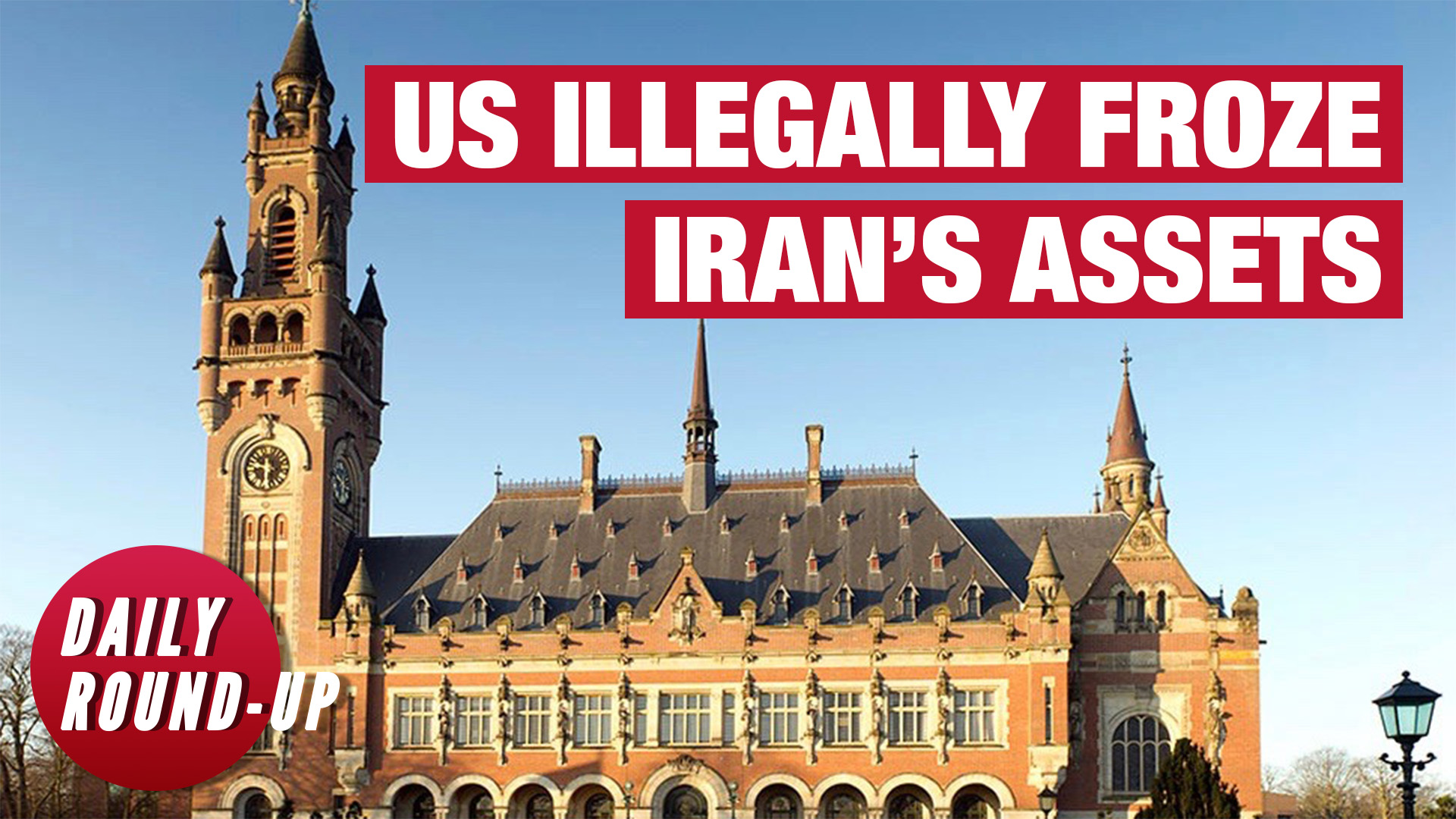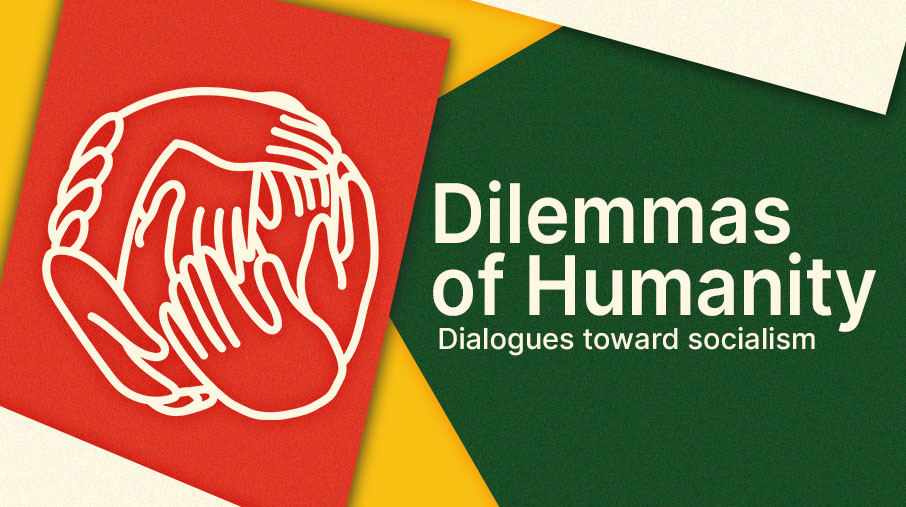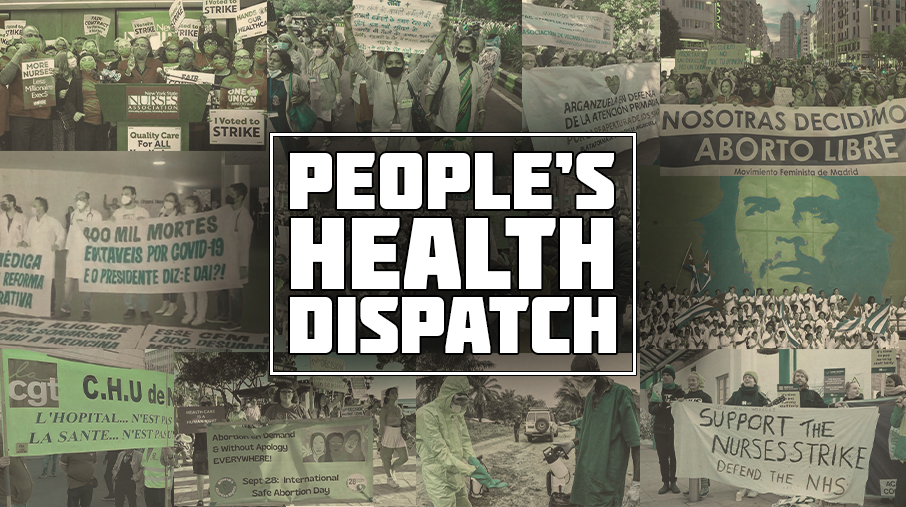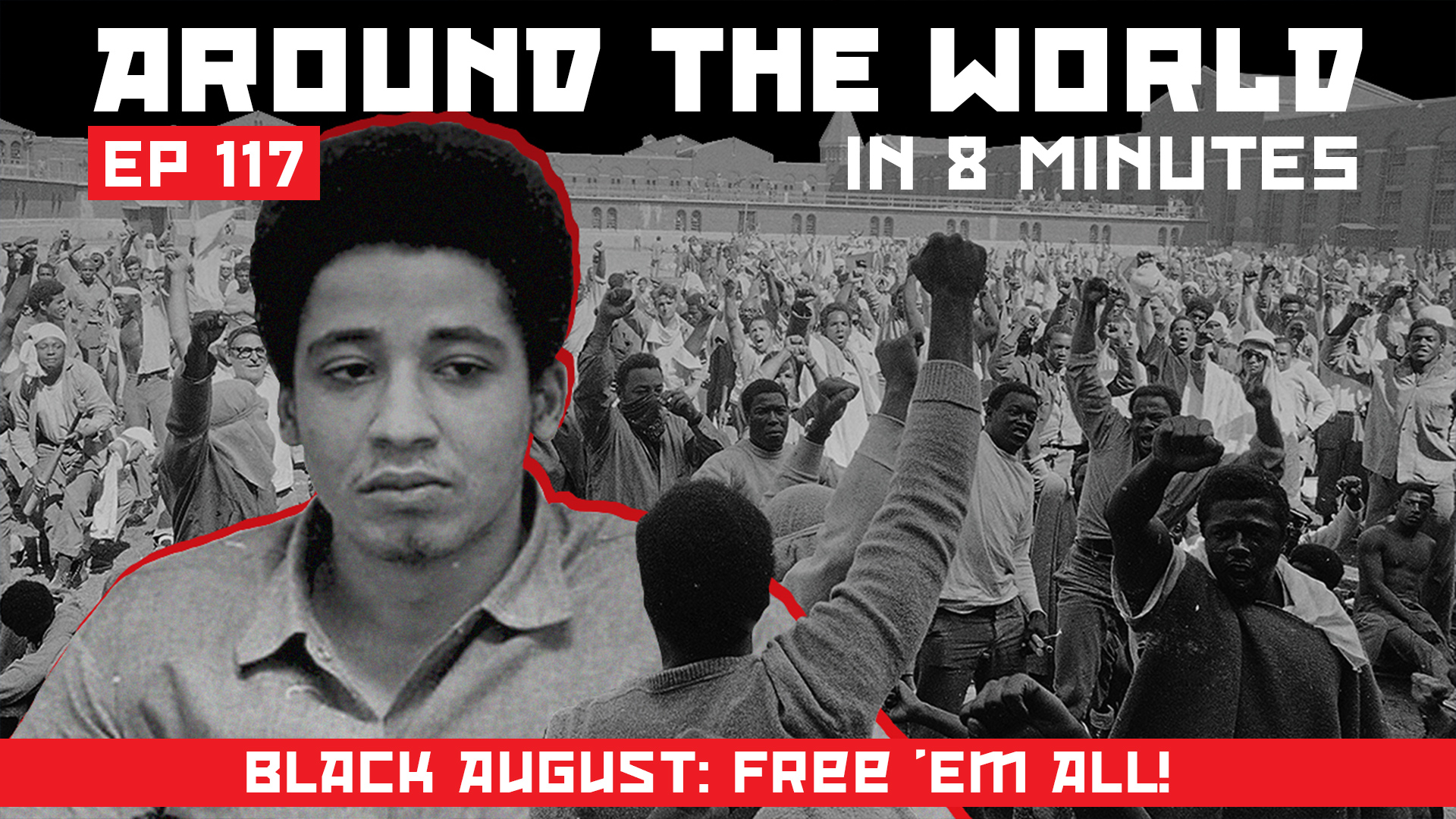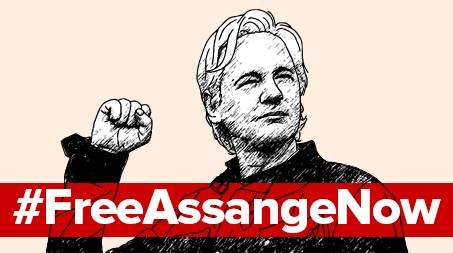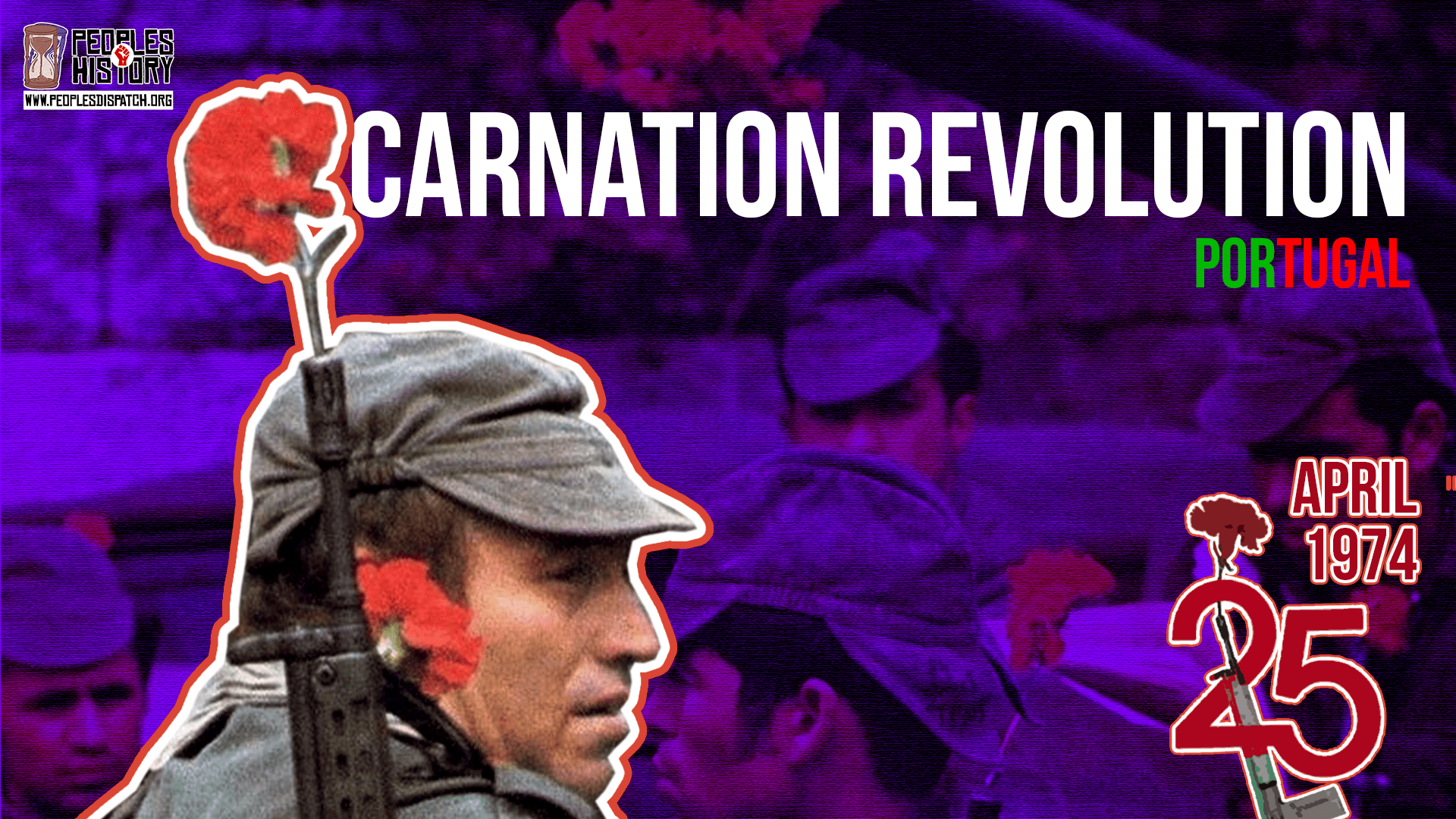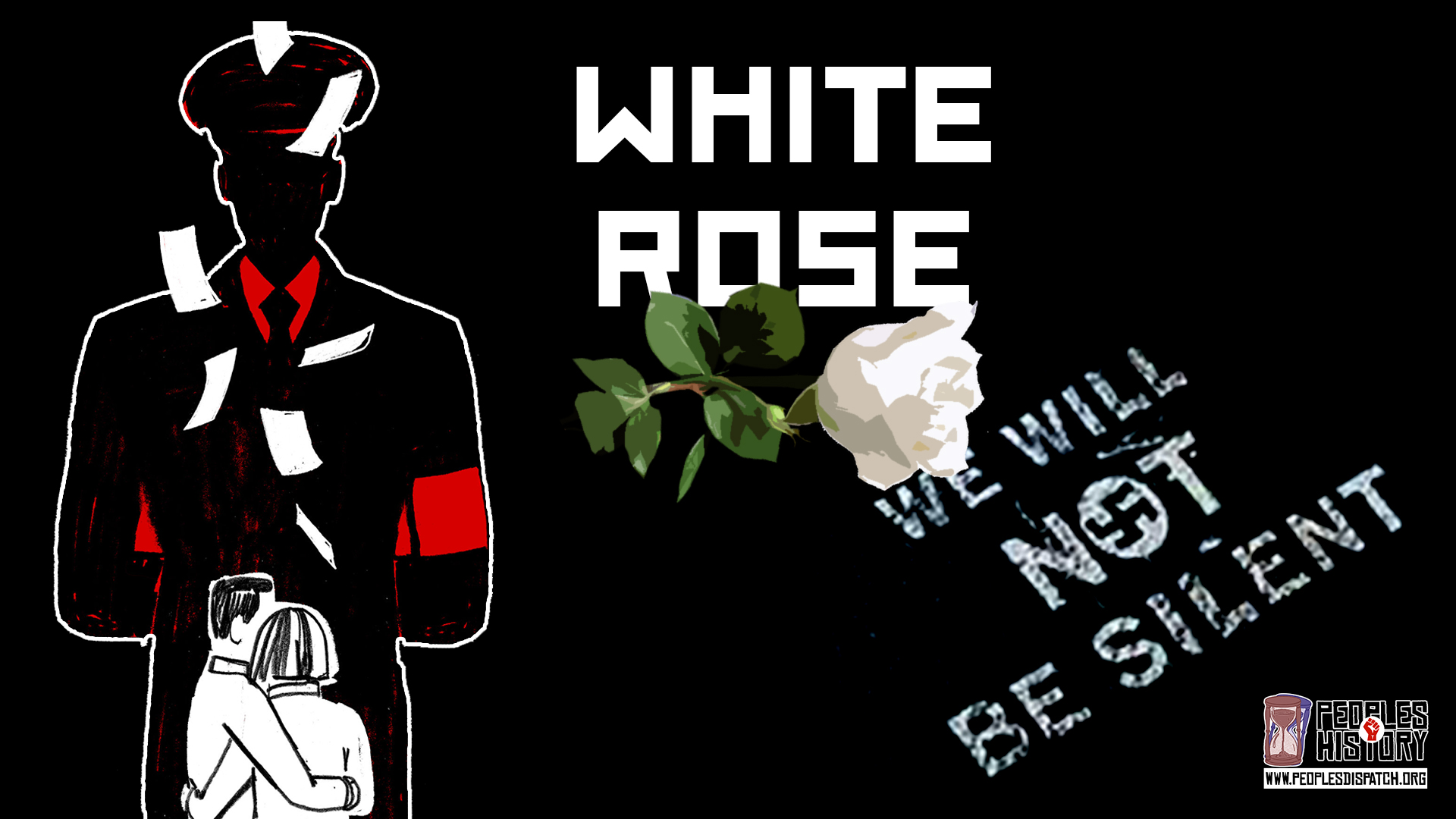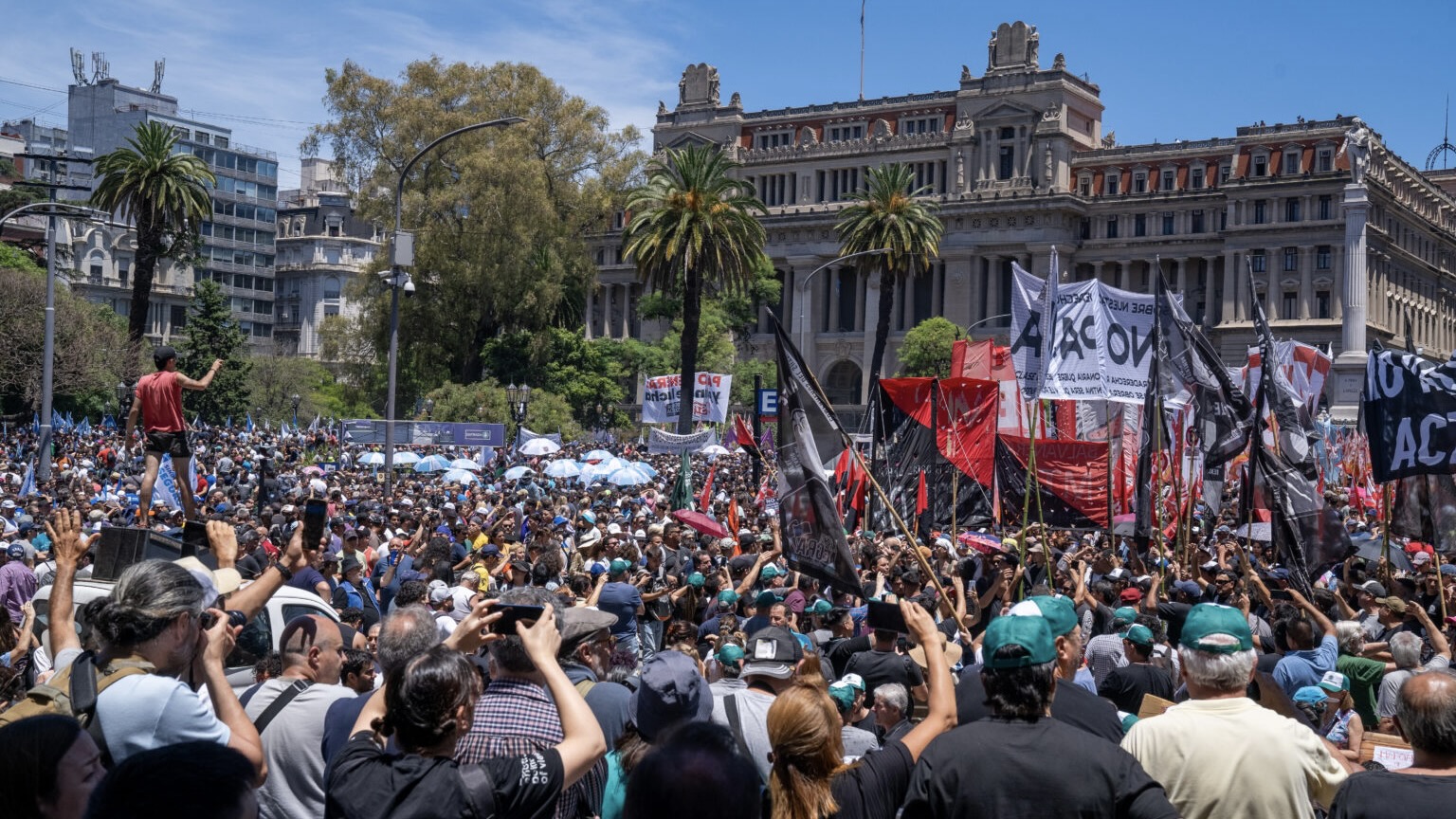 Not one step back: National general strike in Argentina against Milei’s attacks on workers
Not one step back: National general strike in Argentina against Milei’s attacks on workers
Across Argentina millions are participating in a national general strike to protest the Milei government’s widespread attacks on people’s rights
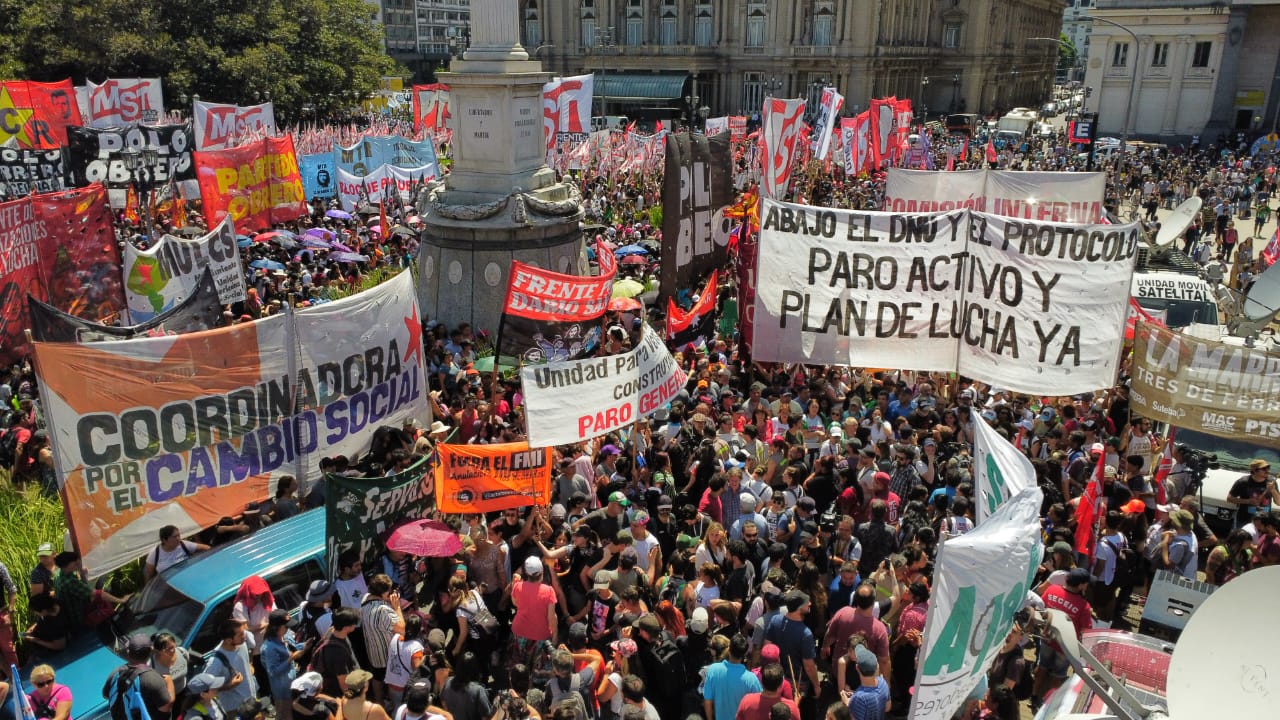 Argentine trade unions and social movements mobilize against Milei’s harsh austerity policies
Argentine trade unions and social movements mobilize against Milei’s harsh austerity policies
Trade unions are taking to the streets against the dismissal of 7,000 workers and other anti-people policies that are part of Javier Milei’s recent presidential decree
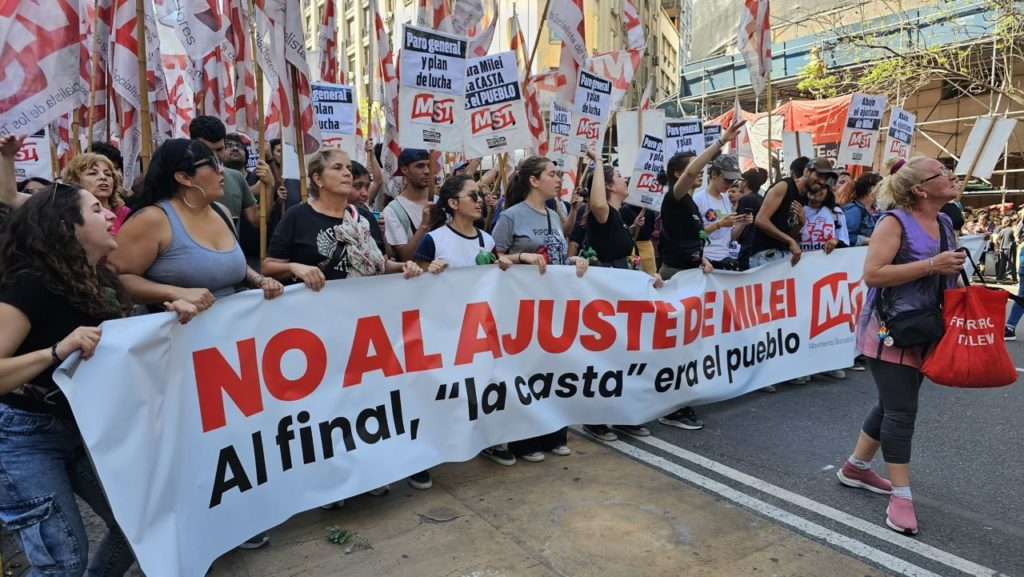 Thousands take to the streets in Argentina in the first mobilization against Milei’s government
Thousands take to the streets in Argentina in the first mobilization against Milei’s government
Despite threats from Javier Milei’s government, the mobilization was carried out to reject the harsh austerity plans
 Privatization or cuts to pensions? What’s next for Argentina with Milei
Privatization or cuts to pensions? What’s next for Argentina with Milei
Milei anticipated that there will be a very hard six months in the country, but did not explain which sectors of society will be most affected. Is the public sector the only thing that the government is going to cut?
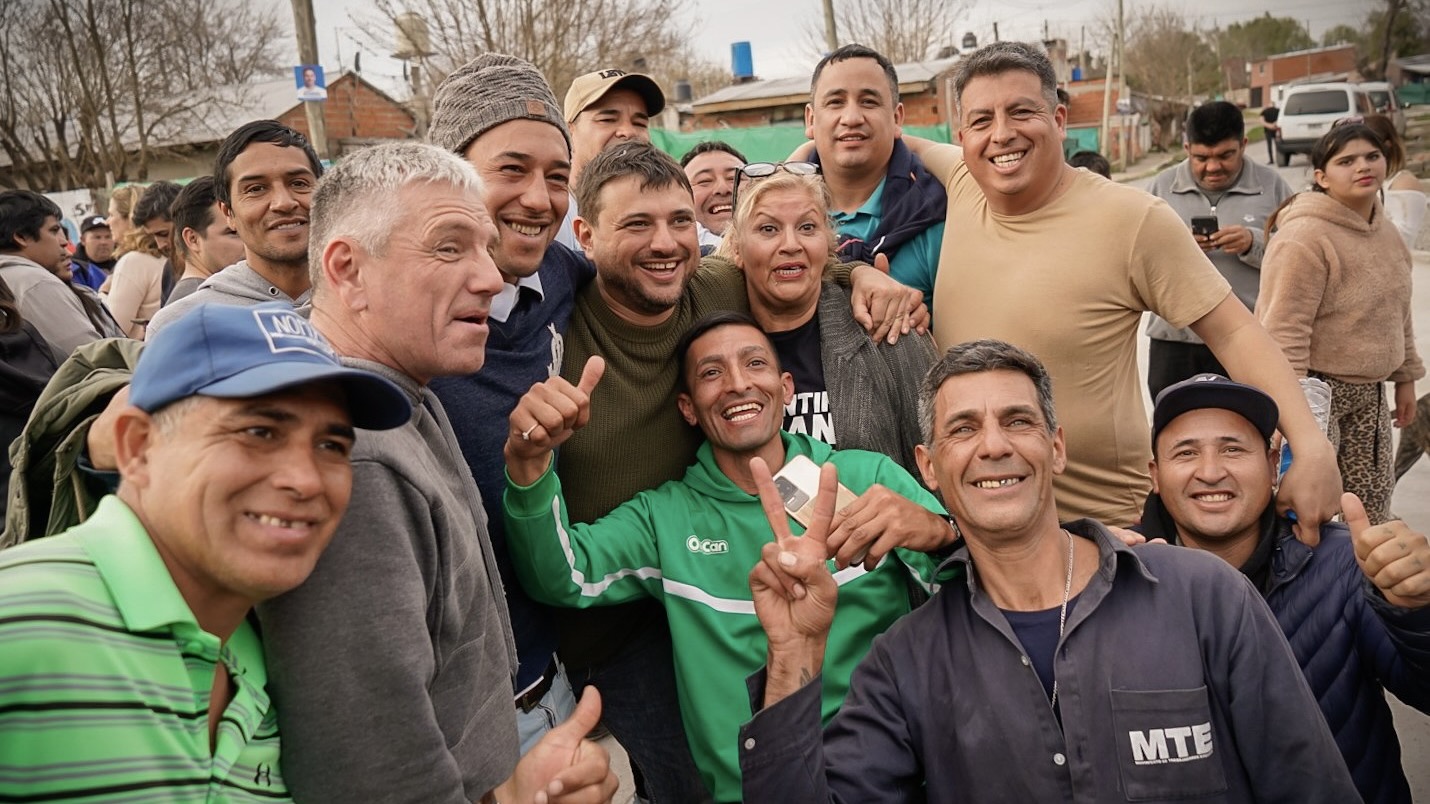 Can a movement leader solve Argentina’s problems?
Can a movement leader solve Argentina’s problems?
Social leader Juan Grabois is contesting the candidacy for the center-left Union for the Homeland coalition in the upcoming primaries in Argentina
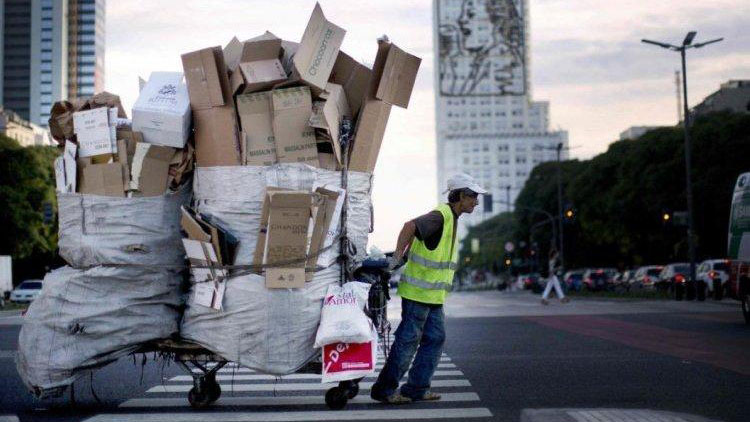 Climbing inequality in Argentina as poverty and inflation soars
Climbing inequality in Argentina as poverty and inflation soars
Vice-President Cristina Fernández pointed out the roots of an increasingly unequal country in her latest speech. This is where social organizations play a fundamental role.
 What united us was empathy: Community organizations help tackle hunger in Argentina
What united us was empathy: Community organizations help tackle hunger in Argentina
The pandemic brought with it more inequality and injustice. Grassroots movements responded with solidarity and organization and food for those who were struggling
 Incoming government in Argentina passes measures to alleviate socio-economic crisis
Incoming government in Argentina passes measures to alleviate socio-economic crisis
Alberto Fernández froze the price of basic public services, reduced the prices of medicines, announced special bonuses for retirees, special and underprivileged people, suspended the ban on the sale of abortion pills
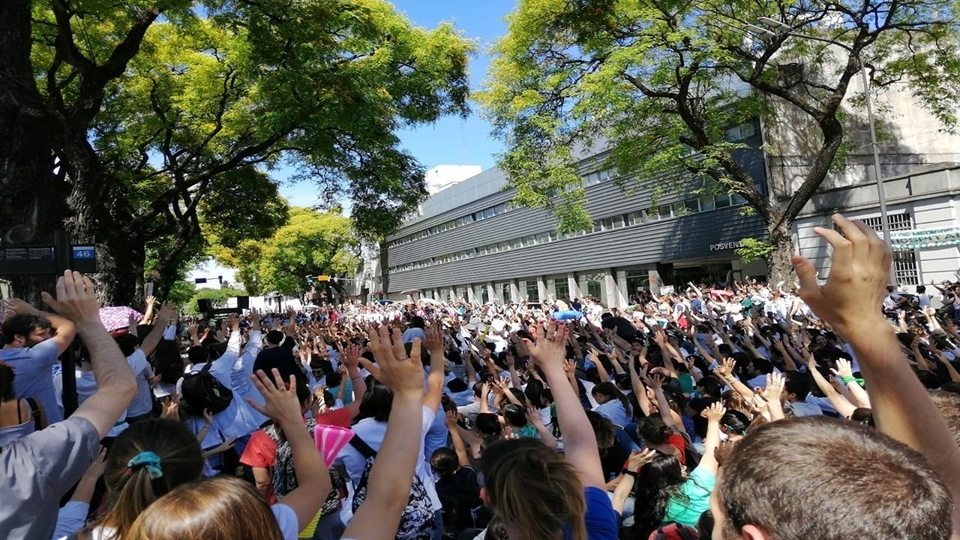 Young healthcare professionals in Buenos Aires to stage massive demonstration today
Young healthcare professionals in Buenos Aires to stage massive demonstration today
The medical residents and concurrents of the city of Buenos Aires have been protesting since November 28 against a law that disregards their status as healthcare professionals and defines them as trainees
 When the cries of the hungry are met with beatings and tear gas
When the cries of the hungry are met with beatings and tear gas
Police violently repressed social movements mobilizing to demand that the government take measures to address the crisis of hunger and poverty in the country
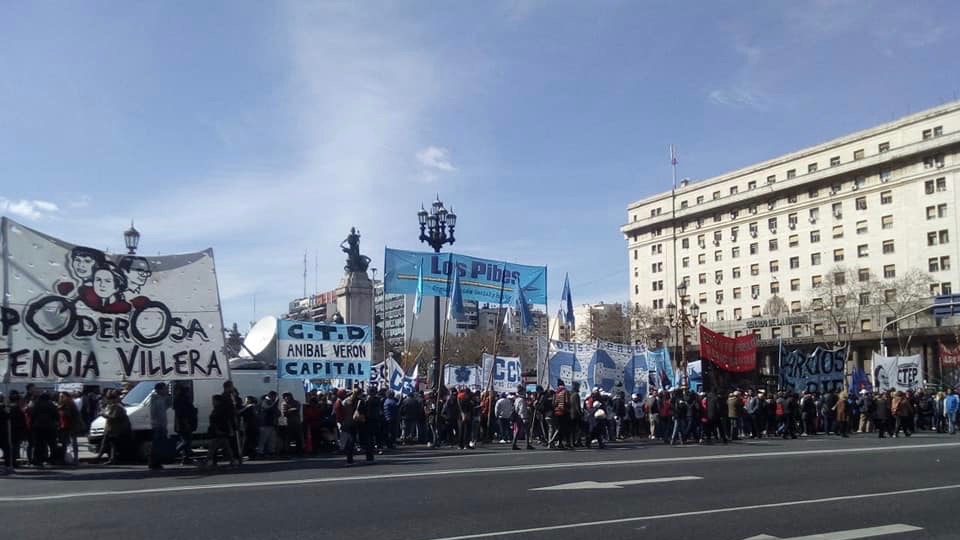 Argentinians demand implementation of the Food Emergency Act
Argentinians demand implementation of the Food Emergency Act
The economic crisis in Argentina has had dire effects on the population’s access to food, total food insecurity rose from 21.7% in 2017 to 29.3% in 2018
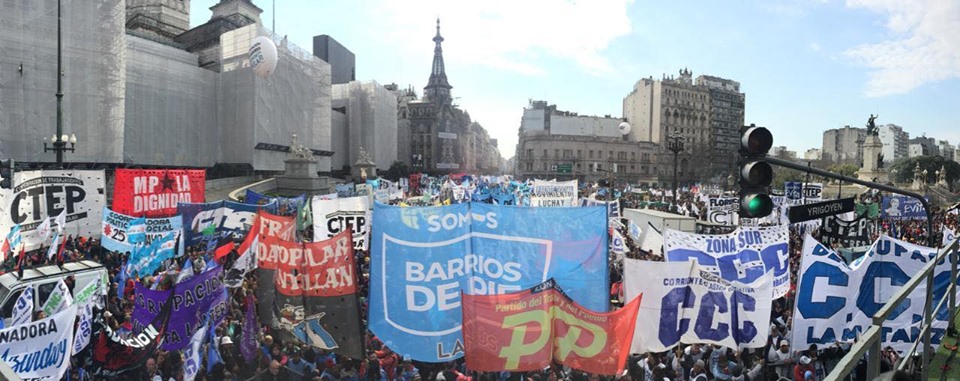 Massive mobilization against the socio-economic crisis in Argentina
Massive mobilization against the socio-economic crisis in Argentina
Protesters demand the extension of social emergency measures, increase of pension and retirement benefits, rise in the Supplementary Social Salary and the implementation of the Food Emergency Act.


